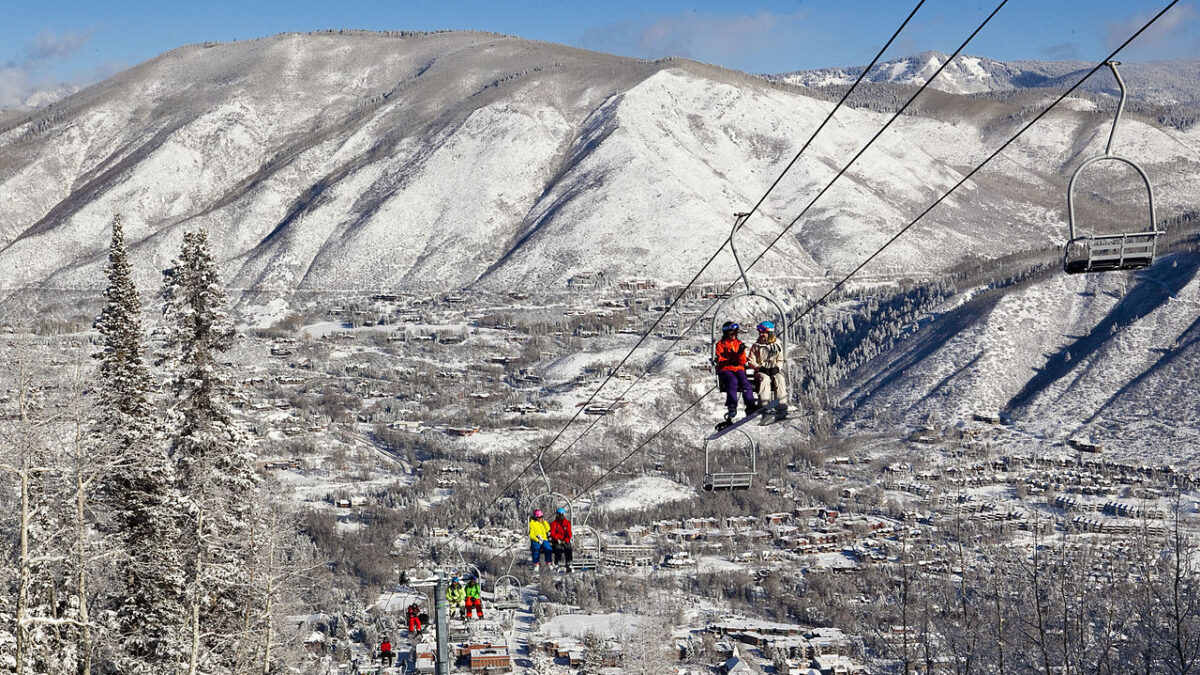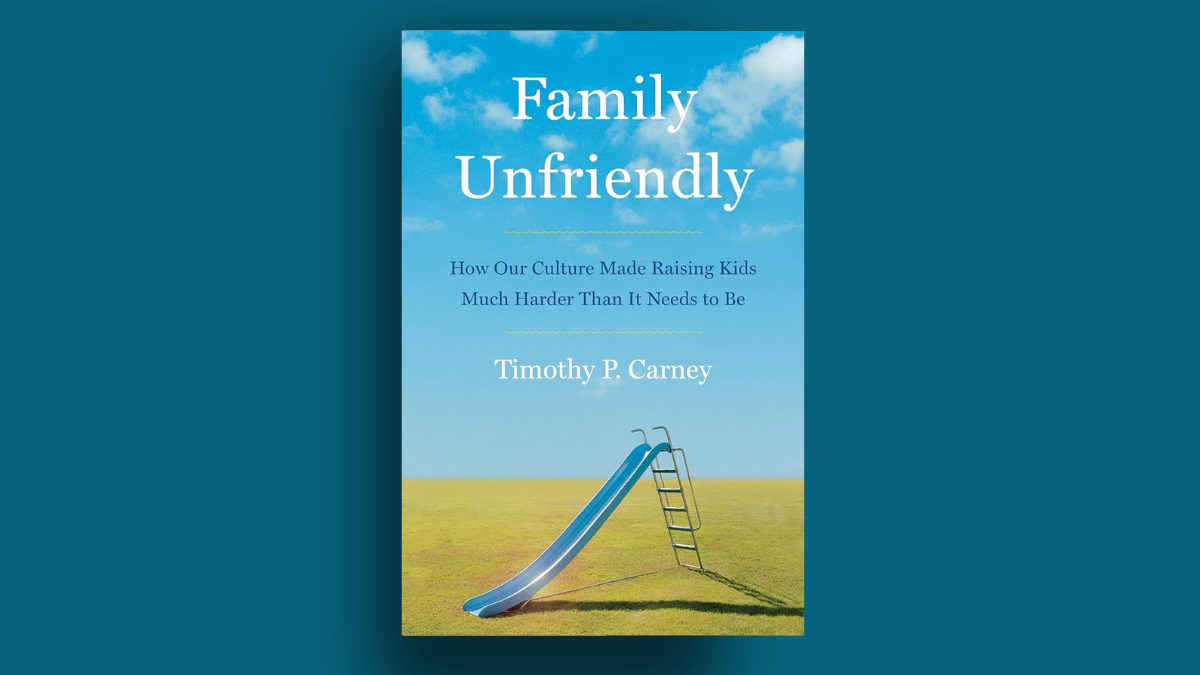On Christmas Eve in 2019, The Aspen Times fired its most popular columnist.
Glenn Beaton had been writing his column for seven years. Called “The Aspen Beat,” it routinely took to task — most often in a humorous way — the woke pieties of the famous mountain town and its privileged left-wing elites. The token conservative writer was gone. The newspaper’s intolerance caused its readers to lose an insightful source of contemporary analysis. But now in his new book, High Attitude: How Woke Liberals Ruined Aspen, Beaton delivers for all with biting sarcasm the full story of the resort town.
That story begins only 150 years ago with, appropriately enough, a somewhat crackpot idea called “free silver.” For the last quarter of the 19th century, the idea kicked around that the government should buy large quantities of silver to create an easy money supply. And for a time, it did just that. Aspen, originally called Ute City, had some of the largest silver deposits on Earth, and it boomed, reaching a population of more than 12,000. Congress repealed the Sherman Silver Purchase Act in 1893, ending the artificial demand for the metal, and Aspen became a quasi-ghost town with a population at the dawn of the 20th century of only a few hundred.
After a long downturn, Aspen boomed again immediately after World War II, with skiing as the new silver. Beaton tells with verve the very human story of Army veterans and Chicago businessmen coming together to create a ski resort. Aspen’s first modern chair lift was opened in 1947, one of the longest in the world. Aspen became not just a town, but a brand — now one of the most prestigious in the world.
But Aspen then had a second downfall. The 1960s introduced America to drug abuse and other moral laxness on a widespread scale. Beaton makes the telling point that America has recovered from the ’60s, but Aspen has not. Famously, Colorado has legalized marijuana. But in Aspen, non-enforcement of state and federal drug laws by a series of sheriffs has effectively made almost any drug use possible. One consequence — Beaton reminds us more than once — is that
the suicide rate in Aspen is double the national average.
One famous suicide was Hunter S. Thompson, the “gonzo” writer still held up as a model in the tolerant town, who gets put under Beaton’s microscope. Others examined are some who literally “got away with murder” or almost did. The ’70s shooting of Spider Sabich by his movie star girlfriend and a murder by Ted Bundy both show the inbred liberal inattention to law enforcement. Bundy was apprehended elsewhere and brought back to Aspen, where he then escaped through an unlocked jailhouse window. He went on to murder again. The Kennedys’ disregard of basic skiing rules that apply to mere mortals led to the death of one of their own. The frolicking of Charlie Sheen and the drunken antics of Lance Armstrong add to the picture of privileged left-wing elites out of control.
Ultimately, it’s a sad story, but Glenn Beaton’s humorous writing in High Attitude makes the ugly truth of this beautiful town’s decline into wokeism bearable to read.
Listen to this author’s recent interview with “The Federalist Radio Hour” here.










